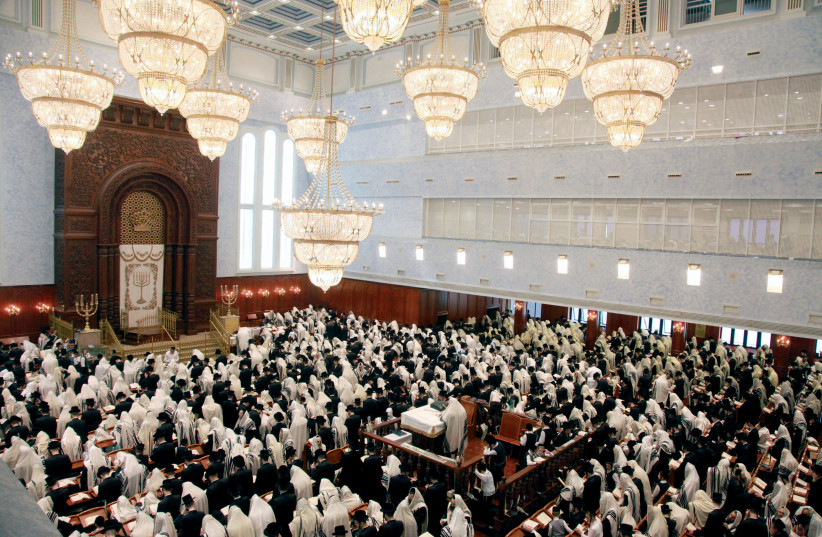The government approved on Sunday an additional NIS 164 million in funds for yeshiva students by drawing funds from the reserve budgets of all the government ministries, increasing the already record-high coalition funds that were handed out as part of the 2023-2024 national budget.
The additional funds include: NIS 79m. for the expansion of support to yeshiva students; NIS 51m. to cover for what haredi parties said was an unexpected increase in the number of yeshiva students; NIS 15m. for yeshiva students who are not Israeli citizens; and NIS 19.53m. for religious seminary students, religious institutions in communities near the Gaza border and those that encourage army service.
Where will the money come from?
According to the decision, the first three expenditures, for haredi yeshivot – add up to NIS 145m. – will be taken by appropriating an equal amount from each ministry’s funds in the base of the budget earmarked as “reserves.”
The remaining NIS 19.53m. comes from the moving of coalition funding from one clause to another. These funds were previously earmarked for the infrastructure and renovation of hesder yeshivot and yeshivot that encourage IDF service.
The move by the government is in effect a reduction of funds from the base of the budget. shifting them over to the coalition funds. These are funds put aside during budget preparations, in order to fulfill “political agreements” between parties made during coalition negotiations.

The addition raises the sum of 2023 coalition funding from NIS 5.68 billion to over NIS 5.8b., and the total coalition funds for 2023-2024 from NIS 13.63b. to NIS 13.77b.
Yossi Fuchs, the cabinet secretary, responded on Saturday night to claims that the funding had de facto led to a cut to the budgets of all of the other government ministries, saying that the funds had already been cut from all the ministries in February as reserves earmarked for additional coalition funding if necessary, and thus did not count as an actual reduction from the budgets of government ministries.
Opposition leader Yair Lapid responded to the reports of the new funding on Saturday, tweeting, “When we appealed to the government to prevent a cut in the hours of special education for children with disabilities, the answer was that ‘there is no money.’ Tonight, they announced that they would cut from all government ministries to add NIS 164m. to Torah institutions. This government has no heart.”
Settlement and National Missions Minister Orit Struck tweeted that “We highly value Torah study for girls. On the eve of the elections, we promised both the female students and the heads of the seminaries that we would increase government support for them. Tomorrow we will be able to fulfill this promise – because what you vote for is what you get.”
